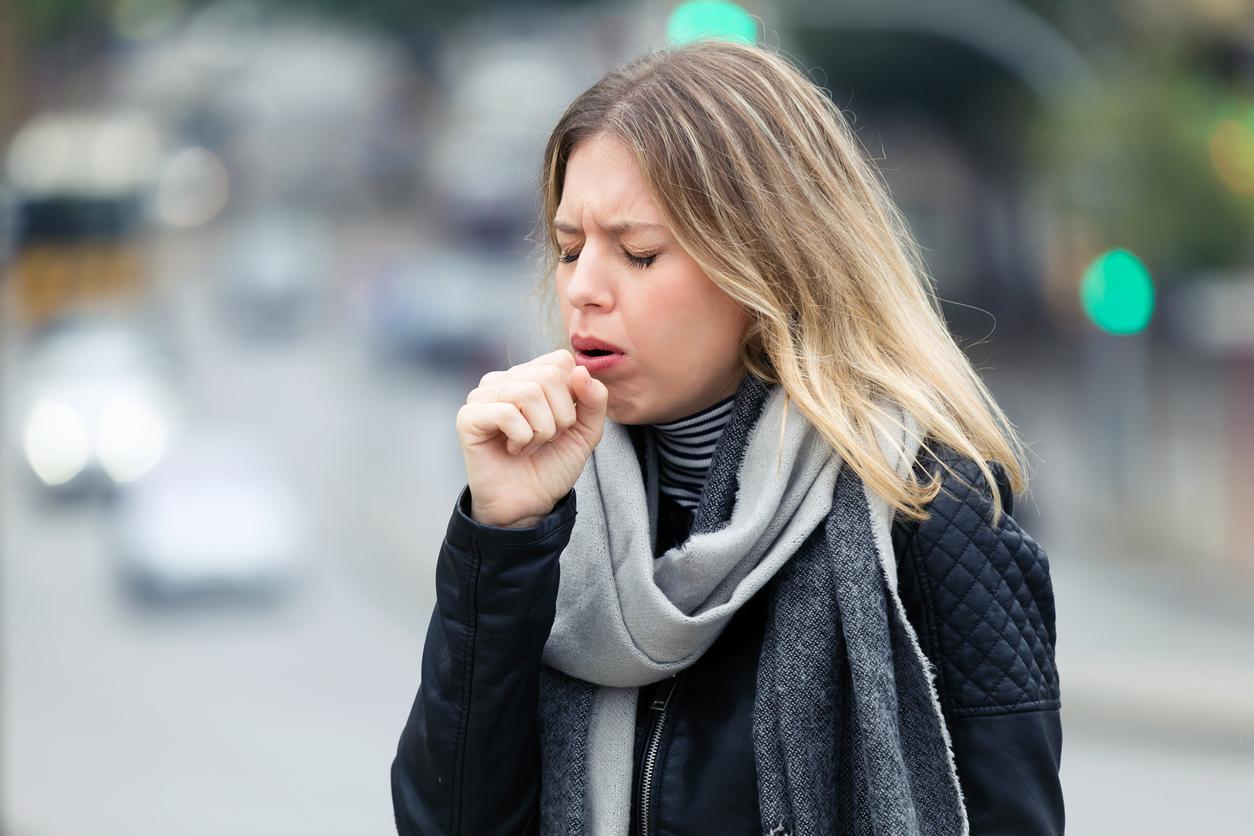A few days ago, the California health authorities announced that the pertussis epidemic had never been so severe for 70 years. Ditto in Michigan, Indiana and Minnesota, three other states in the United States. But it was from Great Britain that the news came: the pertussis bacteria are said to be mutating. And the current vaccine may soon lose its protective effect.
According to a study published in the medical journal Infectious Diseases, analysis of virus strains from 2012 shows that the part of the bacteria that the immune system has learned to recognize from the vaccine is changing. “Which could have serious consequences in future epidemics” underline the doctors.
A bacterium that invades the respiratory sphere
Whooping cough is a highly contagious respiratory infectious disease caused by a bacteria called Bordetella pertussis, which invades the respiratory tract. The main sign of this disease is the coughing fit which can degenerate into pneumonia. Contamination occurs through the air (during coughing, postilions) and through contact with a person who has whooping cough. The risks of serious complications exist especially in infants less than 6 months old.
Today, whooping cough has once again become a frequent disease of young adults. Some researchers at the University of Bath (Great Britain), led by Dr Andrew Preston, wondered if the immunity conferred by the acellular vaccine prescribed since 2004 (a vaccine which does not contain whole cells of bacteria but rather proteins surface specific bacteria) did not last less than that of the previous version of the vaccine (with whole germs). This would explain why some adolescents or young adults are vulnerable to pertussis epidemics.
Should we go back to the whole cell vaccine?
But as they pursued their research, they found that the proteins collected from the surface of bacteria to make the vaccine mutated at a faster rate than other cells not included in the vaccine, making the vaccine less effective.
One of the options to consider would be to include new proteins in the vaccine that would boost the immune system. The other solution is to go back to the “old formula” whole cell vaccine. This version was discontinued because it caused more risk of minor side effects during vaccination such as fever, rash and pain in the arm.
In France, the pertussis vaccine is not compulsory but recommended for infants under 6 months of age as well as for young adults with a parental plan and for young women who have given birth who have not been vaccinated.
Read also
Whooping cough: new vaccination strategy in adults
Whooping cough: a nasal vaccine could emerge
















